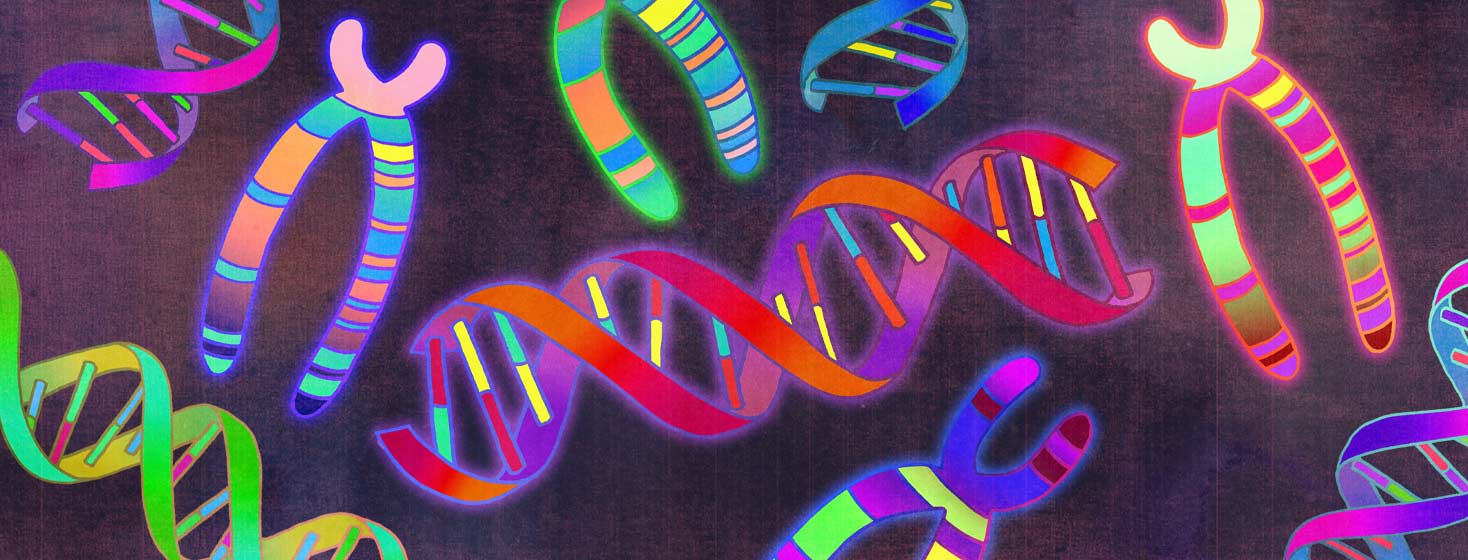The Important Role of our Genes
I recently read several articles that discussed what percent of all cancers are inherited, passed down from members within the family structure. One article estimated that up to 10 percent of all cancers may be genetic, while others put that estimate higher. Obviously there’s a wide difference in these reports.2
Those percentages were a surprise to me. I thought almost all cancers were inherited from someone in the family from somewhere in the family history. I do wonder about the credibility of these statistics, though. Our grandfathers or grandmothers may have passed away from some type of cancer but went undiagnosed, unrecorded, or unanalyzed. Most of the generation before our grandparents passed away at an early age and often the reason was completely unknown. But when analyzing any kind of trends, statistics, or history, we have to start somewhere.
Genetic factors in prostate cancer
Prostate cancer and breast cancer are among the cancers that can have inherited genetic factors. The prostate cancers that have spread or are aggressive are in the higher percentage of having a genetic possibility. There are no definitive guaranteed accurate statistics, but this gives an idea of inherited potential.1
Many people are familiar with the BRCA1 and BRCA2 genes because of the studies and genetic testing done for breast cancer. I was surprised to learn that men can also have variants in these genes that can mutate. When that happens, they have a higher risk of developing prostate cancer and that cancer being passed on to their family members. Men with BRCA1 and BRCA2 mutation in their genetic pool can pass those genes on to not only their sons, and grandsons, but to the female offspring - daughter, granddaughters, etc., as well.2,3
Learning about the risk factors
I became really interested in studying the genetics of cancer because of my husband’s prostate cancer. I wanted to do what I could to assure the health of our son and grandsons. I studied the genetics of cancer even more when my daughter and I were both diagnosed with breast cancer. As a mom, I felt horrible that I could have passed this disease on to her and potentially to my granddaughters (5 of them). Of course, my role in passing that gene on to family doesn’t make sense and was something out of my control, but the guilt still remained.
My husband is now scheduled for genetic testing later this month to see if he carries the BRCA mutated gene. He now worries that our daughter’s cancer was from his genetic makeup, and that he could pass these cancer genes on to our son and the rest of our family, male and female alike, in the future. Again, the guilt of potentially having these genes and passing it on to family isn’t a reasonable guilt, but one I certainly understand. I’ve been there.
Awareness for genetic testing
It seems that there is more awareness of the importance of genetic testing and counseling. When my husband made an appointment for his genetic testing it was scheduled 8 months out. However, because of a cancellation, he was able to move that appointment up to later this month.
If someone - male or female - has the BRCA mutation in their genetic makeup, it’s not a given that if it's passed along to their family member, that family member will develop cancer. But there are things we can do.2
While we never want to be responsible for sharing illness or disease with those we love (something we really can’t control), genetic testing is something we have the power to manage. In doing so, we can help our family members be aware of potential health issues and they can take steps to assure regular testing, prevention, and early detection. Testing, prevention, early detection - they all save lives.

Join the conversation